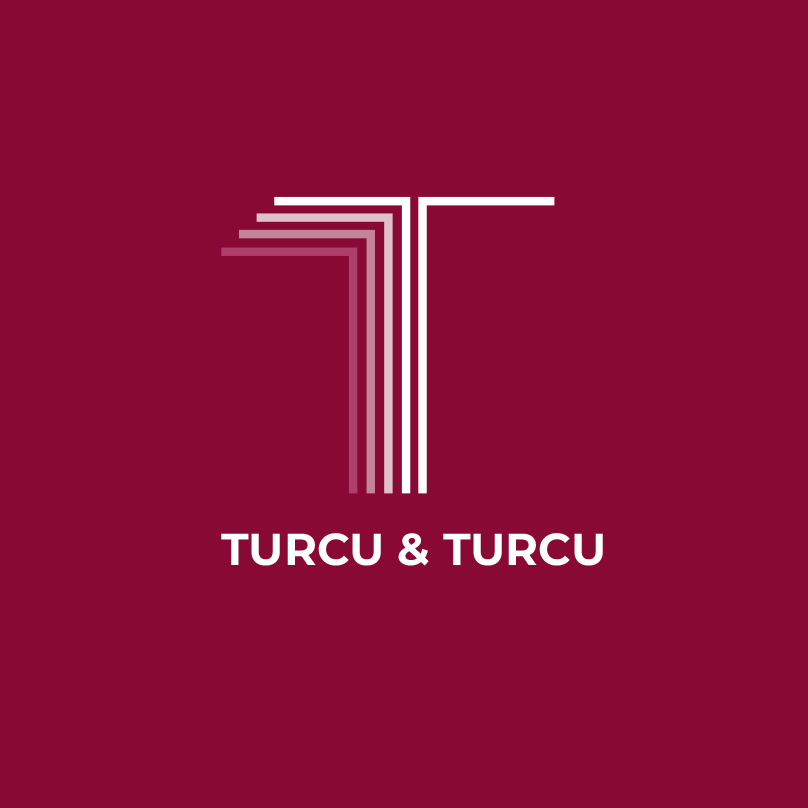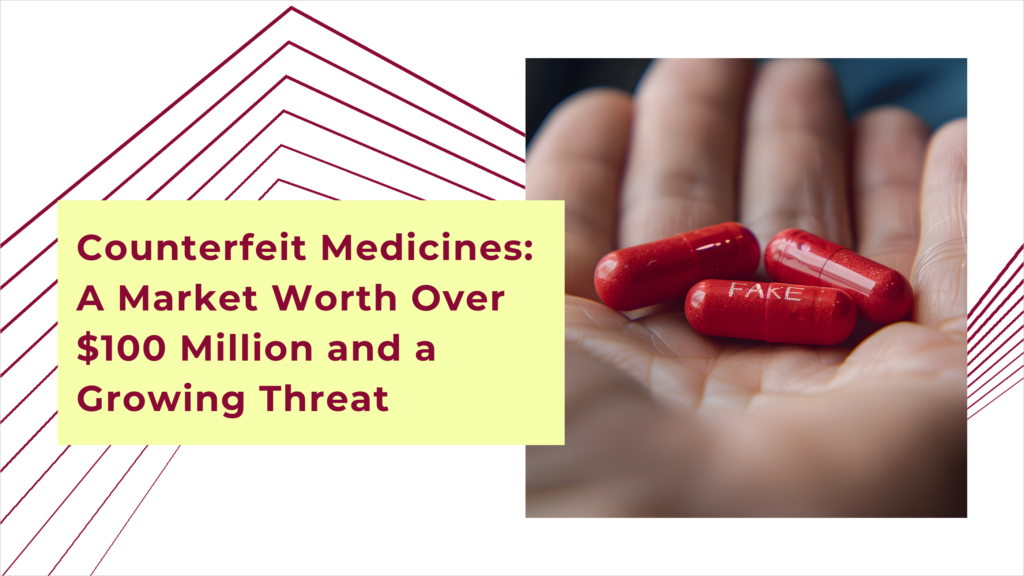Counterfeit pharmaceuticals represent one of the most dangerous forms of intellectual property infringement, putting public health at risk while fueling a multi-billion-dollar illegal industry. According to an article published by Wall-Street.ro, the counterfeit medicine market has surpassed $100 million, with alarming implications for both consumers and legitimate pharmaceutical companies.
So far, there have been 9 criminal cases in Romania related to the import and distribution of counterfeit medicines. These medicines are distributed hand-to-hand, through the internet, online pharmacies, or even through unsolicited emails advertising pharmaceuticals,” – Gabriel Turcu
The true cost of counterfeit medicines
Unlike counterfeit luxury goods or electronics, fake medicines can have life-threatening consequences. Many of these products contain incorrect dosages, low-quality ingredients, or even toxic substances, making them not only ineffective but potentially deadly. The article highlights the key risks associated with counterfeit drugs:
- Health hazards – Patients unknowingly consume ineffective or harmful substances, leading to treatment failure, allergic reactions, or severe side effects.
- Loss of consumer trust—Pharmaceutical brands suffer as counterfeiters damage their reputations and undermine consumer confidence in legitimate products.
- Financial impact on the industry – The counterfeit drug trade costs pharmaceutical companies billions in lost revenue, increasing the burden on healthcare systems and regulatory authorities.
How counterfeit medicines reach the market
The rise of online sales and unregulated distribution channels has made it easier for counterfeit pharmaceuticals to enter the market. Criminal networks exploit e-commerce platforms, social media, and unlicensed pharmacies to distribute fake products. The lack of strict controls in specific regions and supply chains further infiltrates counterfeit drugs.
The role of Intellectual Property and Legal Enforcement
Trademark protection and intellectual property enforcement play a crucial role in the fight against counterfeit medicines. Legal frameworks allow pharmaceutical companies to:
- Monitor and take down counterfeit listings on online platforms
- Collaborate with customs authorities to prevent the import of fake drugs
- Pursue legal action against counterfeiters and those facilitating their trade
However, as counterfeiters become more sophisticated, legal professionals and policymakers must work together to strengthen regulations, increase penalties, and improve global cooperation in combating this illegal market.
The need for greater consumer awareness
Educating consumers on the dangers of counterfeit medicine is just as important as enforcement. Patients should:
- Purchase medicines only from authorized pharmacies
- Check packaging and authentication features on pharmaceutical products
- Report suspicious products to regulatory authorities or brand owners
How Turcu & Turcu Helps in the Fight Against Counterfeiting
As specialists in intellectual property law and anti-counterfeiting enforcement, Turcu & Turcu actively supports pharmaceutical companies in protecting their brands, products, and consumers from counterfeit threats. Our expertise includes:
- Trademark enforcement and brand protection strategies
- Customs intervention and supply chain monitoring
- Legal action against counterfeiters and online fraud
With counterfeit pharmaceuticals posing a growing threat, legal expertise and strategic enforcement are essential in safeguarding both public health and the integrity of the pharmaceutical industry.
? Read the full article on Wall-Street.ro: Counterfeit Medicines: A Market Worth Over $100 Million
For legal support on trademark protection, anti-counterfeiting measures, or brand enforcement, contact our team at Turcu & Turcu.

